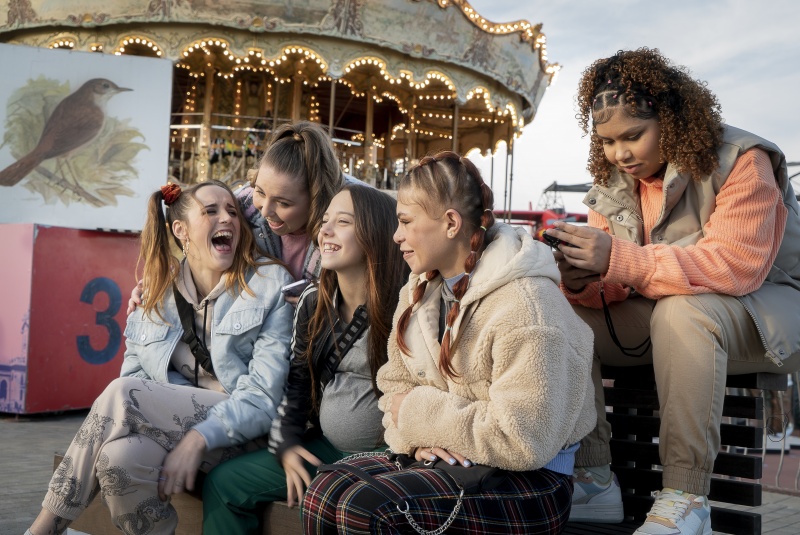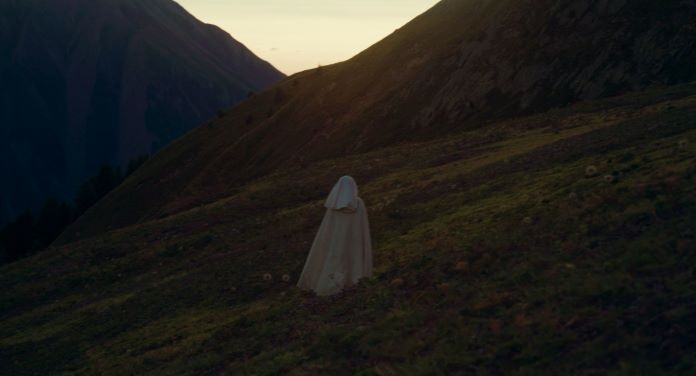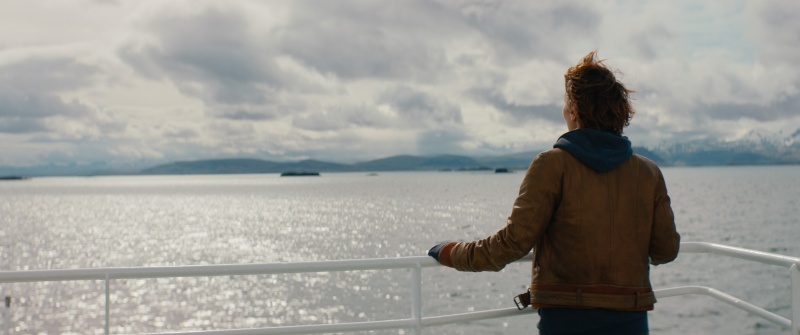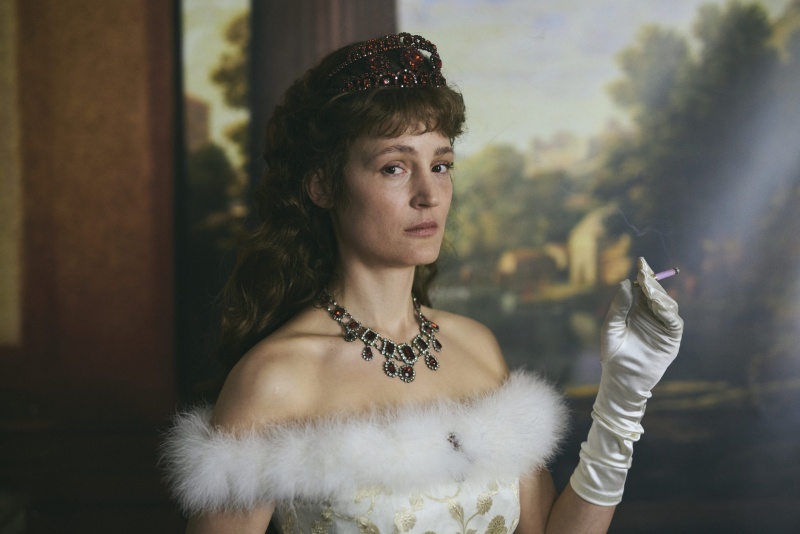Alauda Ruiz de Azúa director and screenwriter of ‘Cinco lobitos’; Salima Jirari El Kouaihi, expert in diversity, and Maite López Pisonero, Deputy Director of Film at RTVE make up the jury
The Award will be presented on Saturday 24 at the Festival closing gala
Six films will compete for the XVI RTVE-Otra Mirada Award at the San Sebastian Festival’s 70th edition, running from September 16-24. Every year, the Corporation, official sponsor of the event, gives an award to feature films on subjects related to the female world; directed, starring or written by women; or also by men whose films show particular sensitivity towards the world of women.
The jury members this edition are Alauda Ruiz de Azúa, director and screenwriter of Cinco lobitos / Lullaby; expert in diversity Salima Jirari El Kouaihi, and Maite López Pisonero, Deputy Director of Film at RTVE.
The six candidates
The contenders are two titles in the Official Selection: La Maternal, by Pilar Palomero, and El techo amarillo by Isabel Coixet; three from New Directors: Foudre / Thunder, by Carmen Jaquier, La hija de todas las rabias / The Daughters of Rage, by Laura Baumeister, and Grand Marin, by Dinara Droukarova; and one from the Perlak section: Corsage, by Marie Kreutzer
The movies competing for the award are selected by the Festival from among those having their premiere at each edition. Last year the winner was the film Noche de fuego / Prayers for the Stolen, by the Mexican Tatiana Huezo (Mexico-USA-Uruguay-Germany-Qatar).
RTVE, Official Sponsor of the San Sebastian Festival, comes to the city to show two of the big releases at the Festival: Carlos Saura’s eagerly-awaited documentary on the world of art, Las paredes hablan / The Walls Can Talk, and Cesc Gay’s latest comedy, Historias para no contar / Stories Not To Be Told.
Furthermore, films with RTVE participation will have important presence at this 70th Edition of the San Sebastian Festival, with four titles in the Official Selection: Girasoles silvestres / Wild Flowers, by Jaime Rosales; La consagración de la primavera / The Rite of Spring, by Fernando Franco; La Maternal, by Pilar Palomero, and Suro, by Mikel Gurrea.
Official Selection
At the age of 14, Carla is a wild and rebellious teenager. Living in a modest restaurant on the outskirts of a town with her young single mother, she skips school and passes the time with her friend Efraín. When a social worker realizes that Carla is five months pregnant, she is taken to ‘La Maternal’, a center for teenage mothers, to live with other young women like herself. Together with their babies, they will learn to cope with this new adult life for which they had no time to prepare.
In 2018, a group of nine women filed a complaint against two of their teachers at Lleida’s Theatre School for sexual abuse carried out between 2001 and 2008, when they were teenagers. It was too late. Due to fear, embarrassment, because they took so long to understand and digest what had happened, the complaint arrived when the statute of limitations had expired and the case had been closed. What they didn’t know is that, despite the statute of limitations having expired, their statements were opening a new door where, perhaps, all was not lost.
New Directors
Summer 1900, Switzerland. The sudden death of her older sister forces Elisabeth to return home. Stiffled by the strict rules of the village, Elisabeth is slowly driven to rebel for her right to live her life. Debut film.
Lili has left everything behind to travel to the edge of the earth and accomplish her dream, fishing the Northern seas. She persuades Ian, the captain of a trawler by the name of Rebel, to give her a chance and let her join the crew. The only woman on board, they call her Sparrow. Hidden behind a frail appearance is a will of steel, and her courage and determination ultimately win over their respect. Adopted into this world of often unfortunate individuals, Lili will conquer her right to live differently, free. Debut film.
Nicaragua, today. Eleven-year-old María lives with her mother Lilibeth on the edge of an immense rubbish dump. Their future depends on selling a litter of purebred puppies to a local gang member. When the deal falls through, Lilibeth has to move to the outskirts of the city and leave María to work at a recycling factory. The days go by with no sign of her mother's return. María feels abandoned, confused and angry. One night she meets Tadeo, a kind and romantic boy determined to help her find her mother.
Perlak
It's Christmas 1877, Empress Sissi is celebrating her 40th birthday and the atmosphere around her is grim: constantly judged by her own children, she lives beholden to the beauty that's failing her with the passing of time. Smothered by etiquette, with a voracious thirst for knowledge and an enormous zest for life, Elisabeth of Austria increasingly rebels against the impositions as she searches for the emotion of youth.











